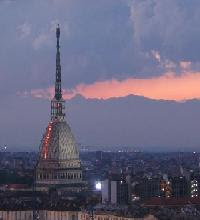+-+Front+cover.jpg)
RE-UPLOAD DI UN ALBUM POSTATO IL 12 GIUGNO 2007, IL CUI LINK È RISULTATO "CIMITO": “CANTO DI PRIMAVERA” (BANCO).
Il Banco del Mutuo Soccorso (noto anche come Banco a partire dal 1978) è stato uno dei cinque-sei migliori gruppi progressive del mondo, durante il periodo del loro massimo splendore a metà anni Settanta - indubbiamente, la più grande delle band progressive italiane. La loro musica raffinata, ispirata dalla maestria (d’ispirazione classica) dei fratelli Gianni e Vittorio Nocenzi, e dell’imponente voce di Francesco Di Giacomo, hanno fatto del Banco un fenomeno indiscutibile nel panorama rock progressivo nostrano. A differenza di altri gruppi di casa nostra, capaci di sfornare solo due, al massimo tre, album di un certo prestigio, il Banco è stato in grado di produrre lavori di qualità per un lungo periodo. In particolare, i primi tre dischi sono veri e propri manifesti-capolavoro, imperdibili per un qualsiasi amante del rock progressivo. Fra l’altro, il 9 marzo 2007 ho postato proprio il loro secondo album, il meraviglioso concept “Darwin!”. Ma anche i lavori successivi al primo fantastico "trittico", quali “Come in un’ultima cena” e “… Di terra” (da me postato il 4 giugno 2007), non fanno altro che confermare l’indiscusso valore della band romana.
Il Banco del Mutuo Soccorso nacque a Roma come gruppo pop, su iniziativa dei fratelli Vittorio e Gianni Nocenzi; tuttavia, fu solo dopo l’incontro con Francesco Di Giacomo, in occasione di un festival pop, che venne a formarsi la “line-up” classica. Con l’aggiunta del chitarrista Marcello Todaro e di una solida sezione ritmica, il Banco del Mutuo Soccorso iniziò a dare vita a composizioni sempre più di ampio respiro, indubbiamente sotto l’influsso del rock progressivo britannico che, all’epoca, vantava un nutrito seguito di fan in Italia (e non solo), ma anche della passione di Vittorio Nocenzi per la musica classica (va ricordato che i componenti del gruppo sono tutti diplomati presso vari conservatori di musica). Dopo aver sottoscritto un contratto con la Ricordi, il Banco diede inizio alla prima fortunata serie di album: “Banco del Mutuo Soccorso”, “Darwin!” e “Io sono nato libero”. Dopo la pubblicazione di “Darwin!”, Marcello Todaro fu sostituito dal chitarrista (e trombettista) Rodolfo Maltese.
Il 1978 segnò il culmine delle ambizioni del gruppo: Vittorio Nocenzi ebbe la possibilità di registrare con - e dirigere di persona - un’intera orchestra, producendo lo splendido “… Di terra” (postato il 4 giugno 2007). Fu l’ultimo “capolavoro” del Banco del Mutuo Soccorso, quindi il gruppo decise di chiamarsi semplicemente “Banco” a partire dal 1979, anno in cui pubblicò l’album che posto oggi: “Canto di primavera”. Un album decisamente meno complesso, con accenni a sfumature quasi folk e un recupero della melodia e della “canzone” rispetto alle lunghe composizioni degli anni precedenti. Un album che, seppur apprezzabile, apriva la strada a quel pop di più facile ascolto che avrebbe caratterizzato gli sviluppi della band negli anni Ottanta.
Un album in ogni caso piacevole, come ho detto, soprattutto in momenti quali “Lungo il margine”, Interno città”, “E mi viene da pensare” e “Niente”.
Voto personale (scarso / insufficiente / sufficiente / buono / distinto / ottimo / eccellente): Distinto.
RE-UPLOAD OF AN ALBUM POSTED ON JUNE 12th 2007, THE LINK OF WHICH PROVED TO BE A BAD ONE: "CANTO DI PRIMAVERA", BY BANCO (a.k.a. BANCO DEL MUTUO SOCCORSO).
Banco (a.k.a. Banco del Mutuo Soccoro before 1978) were undoubtedly among the top five or six progressive rock bands in the world during their heyday in the mid 1970s, standing out as perhaps the greatest of all the Italian groups. Their rich, refined music, highlighted by the classically inspired dual keyboard tapestry of the brothers Vittorio and Gianni Nocenzi, plus the overwhelmingly expressive operatic vocals of Franceso Di Giacomo, made Banco a defining phenomenon in Italian progressive rock. What vaults them into their own league, however, was their ability to sustain a level of such immense quality over the course of many albums, in contrast to the slew of Italian bands who only managed one or two albums before burning out. The first three Banco releases are all undisputed classics, monstrous works that are undoubtedly essential to any serious progressive rock collection. To this regard, refer to “Darwin!”, their second album (which I posted on March 9th 2007). Other subsequent albums such as "Come in un’ultima cena" and the all-instrumental "... Di terra" (which I posted on June 4th 2007) effectively sustain the bands legacy, and stand as essential Italian releases in their own right.
Banco originally began in Rome as a pop group whose core consisted of keyboardists Vittorio and Gianni Nocenzi, though it was not until meeting vocalist Franceso Di Giacomo at a popular music festival that the classic line-up began to come together. With the addition of Marcello Todaro (guitar) and a solid rhythm section, the bands compositions began to become longer and more complex, undoubtedly inspired by the penetrating influence of English progressive rock at the time, as well as Vittorio Nocenzi's own passion for classical music (among other things, all the band members had graduated from various colleges of music). After securing a deal with the Italian label Dischi Ricordi, the band started producing their most renowned albums: “Banco del Mutuo Soccorso”, “Darwin!” and “Io sono nato libero”. After “Darwin!”, Marcello Todaro was replaced by Rodolfo Maltese, a talented guitar & trumpet player.
1978 was perhaps the peak of the band's ambition: Vittorio Nocenzi was given the opportunity to record with a full orchestra, the result being the brilliant instrumental album “… Di terra” (see my post dated June 4th 2007). This period of Banco's extraordinary productivity would shortly come to a close however, as 1979's “Canto di primavera” (i.e. today’s post) featured a simplification of the band's sound, veering more towards folk music and emphasizing melody over complexity, and while still good in its own right, ultimately hinted at the pop direction the band would take during the 1980s.
In any case, “Canto di primavera” is a nice listen, especially the tracks “Lungo il margine”, Interno città”, “E mi viene da pensare” and “Niente".
My personal mark (very poor / poor / pass / good / fairly good / very good / excellent): Fairly good.
BANCO (1979):
Vittorio Nocenzi - organo, sintetizzatori, piano elettrico (organ, synthetizers, electric piano)
Gianni Nocenzi - pianoforte, tastiere (grand piano, keyboards)
Rodolfo Maltese - chitarre, tromba (guitars, trumpet)
Pierluigi Calderoni - batteria e percussioni (drums and percussions)
Gianni Colaiacomo - basso elettrico (electric bass)
Francesco Di Giacomo - voce (vocals)
TRACK LIST:
1. Ciclo
2. Canto di primavera
3. Sono la bestia
4. Niente
5. E mi viene da pensare
6. Interno città
7. Lungo il margine
8. Circobanda
CANTO DI PRIMAVERA (BANCO) - 56,0 MB
.gif)


.jpg)

.bmp)
+-+Front+cover.jpg)
+-+Front+cover.jpg)
+-+Front+cover.jpg)
.jpg)
.jpg)
.jpg)
.jpg)
.jpg)

.jpg)
.jpg)
.jpg)
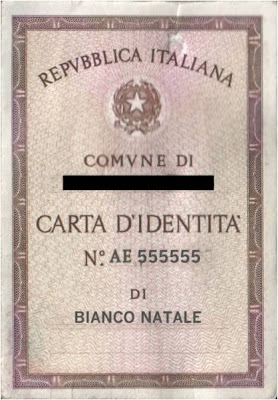.jpg)
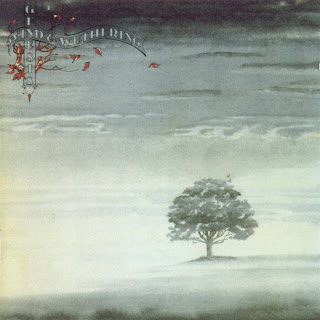+-+Front+cover.jpg)

+-+Front+cover.jpg)
+-+Front+cover.jpg)
.jpg)
.jpg)
.jpg)
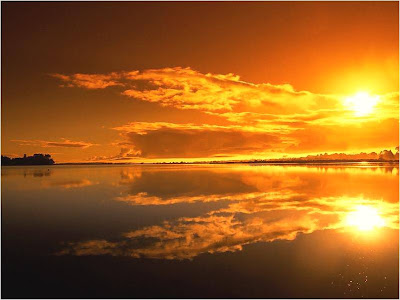.jpg)
.jpg)
.jpg)
.jpg)
.jpg)
.jpg)
.jpg)

+-+Front+cover.jpg)
+-+Front+cover.jpg)
+-+Front+cover.jpg)
+-+Front+cover.jpg)


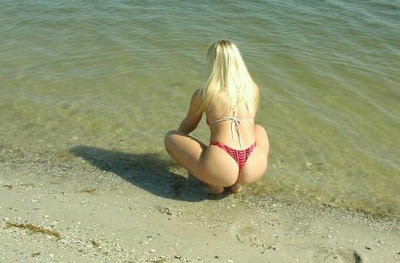




+-+Front+cover.jpg)





